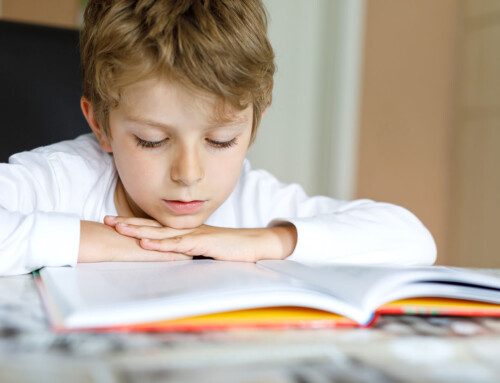Two weeks ago DFL leaders announced their plans to cut $150 million from the base of the Health and Human Services (HHS) budget for the current biennium. This is in direct contrast to both Governor Dayton’s proposal, which would have increased the HHS budget by $170 million, and the House and Senate DFL proposal to increase revenue by $2 billion through the creation of new taxes. The only other area that saw a budget reduction is transportation, which was cut by $20 million; all other areas’ budgets had increased spending proposals (see the budget targets here).
The proposal to cut the HHS budget was unexpected by both Republican and DFL legislators as well as advocates in the field. Advocates issued a letter to the House and Senate leaders decrying the proposed budget cuts “after a decade of compounding cuts” to the HHS budget. Representative Abeler (R-35A), who was the previous chair of the House HHS Finance committee, said
“They’re raising billions of dollars and putting it everywhere like to the courts and environment, and those are wonderful,” Abeler said, “but there’s only one part of government where people could die and that’s in our area where the people with disabilities and health care and rural hospitals. I was just really surprised. Nobody saw that coming.”
Impact on child welfare
Although the House and Senate DFL leaders have not given any direction to the HHS committee chairs as to where the budget cuts should occur (i.e. health or human services, or both), it is clear that the budget cuts will have a major impact on children and families involved in the child welfare system. One thing to keep in mind is that although the HHS budget is second only to education in budget size, the majority of funds are spent on services for our most vulnerable populations, including nursing homes for our elderly citizens, supports for children and adults with disabilities, and care of and protection for our children and youth.
According to a local child welfare advocacy group, many of the proposed HHS bills that call for additional funding will likely die in committee as a result of the impending HHS budget cut. Such bills may include several related to mental health services for children in the schools, bills working to address youth homelessness, and bills that would establish task forces and pilot programs to address prevention of negative outcomes for children and youth.
As the session nears its end, it is important for child welfare advocates and professionals to stay on top of the HHS omnibus bill, because it will dictate service provision for child welfare and overall human services for the biennium beginning in 2014.
